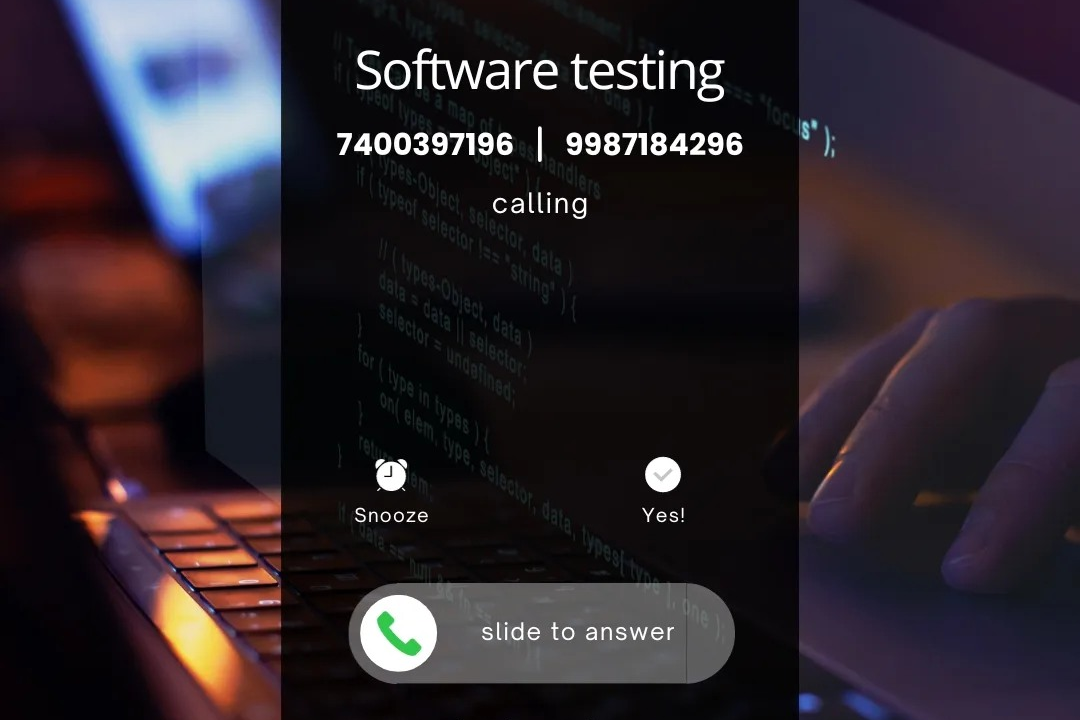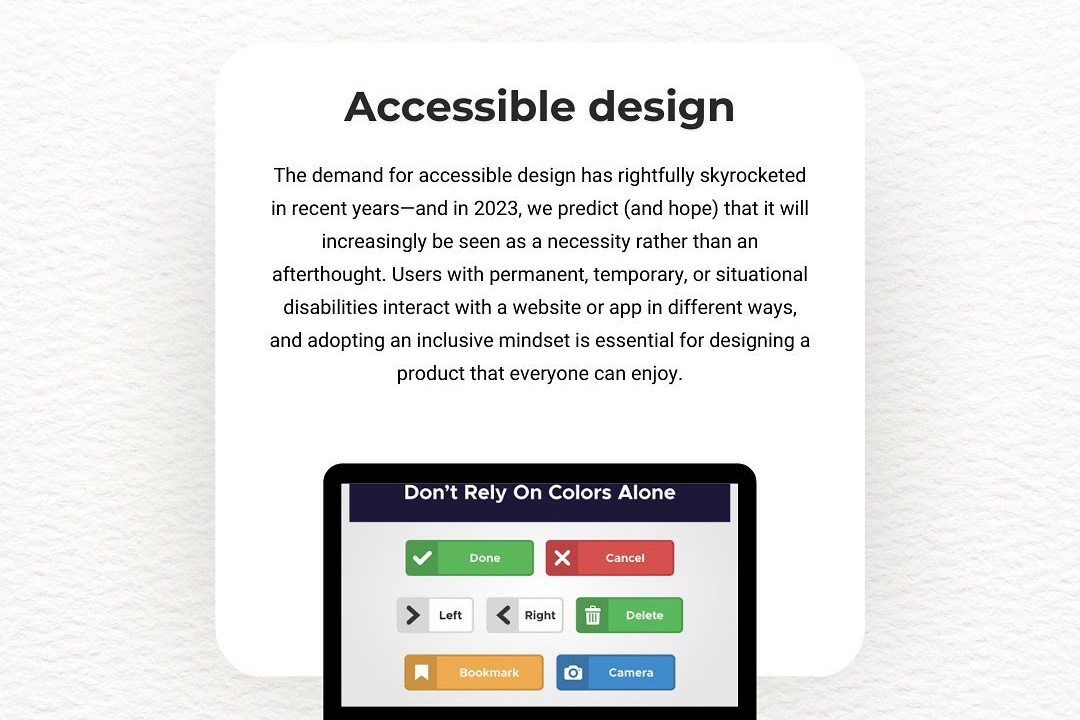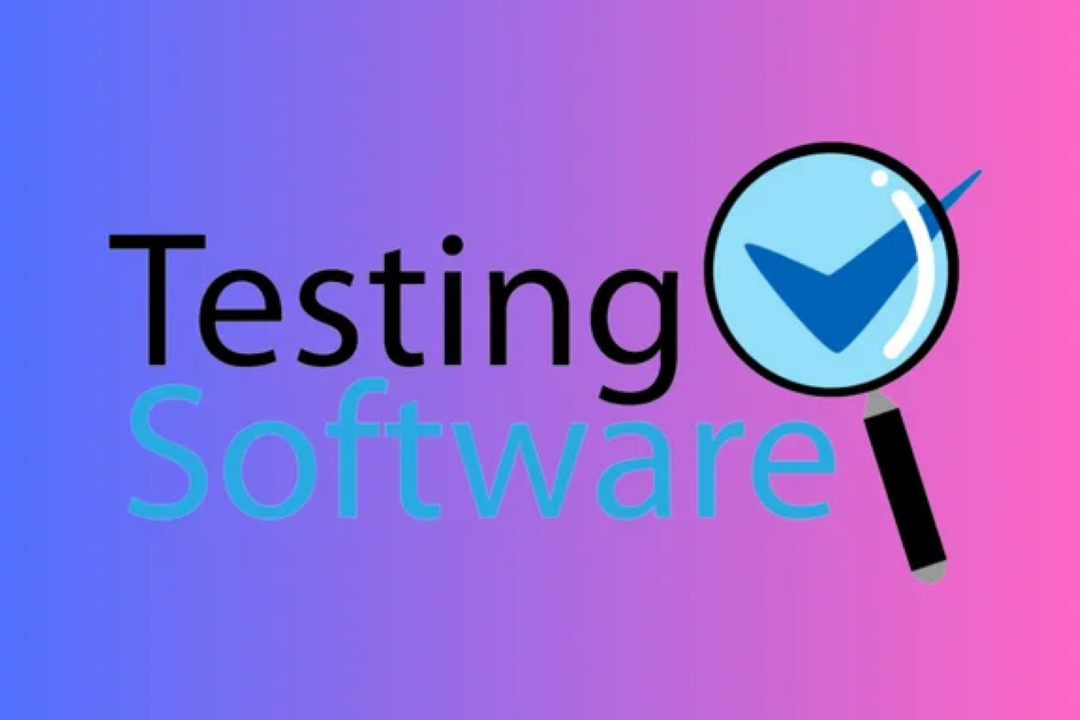How To Introduction Of React Native Course
The React Native course at JustAcademy introduces you to a powerful framework developed by Facebook,
How To Introduction Of React Native Course
The introduction to the React Native course at JustAcademy emphasizes the significance of creating mobile applications in today’s digital landscape. As mobile app usage continues to soar, the demand for skilled developers who can build intuitive and efficient apps is on the rise. React Native offers a unique advantage by allowing developers to write code once and deploy it on both iOS and Android platforms, significantly reducing development time and costs. This course equips learners with the essential skills to leverage React Native, enabling them to create feature-rich applications and enhance their career prospects in the competitive tech industry. By engaging in real-time projects, participants gain practical experience that prepares them for real-world challenges in mobile app development.
To Download Our Brochure: https://www.justacademy.co/download-brochure-for-free
Message us for more information: +91 9987184296
The introduction to the React Native course at JustAcademy emphasizes the significance of creating mobile applications in today’s digital landscape. As mobile app usage continues to soar, the demand for skilled developers who can build intuitive and efficient apps is on the rise. React Native offers a unique advantage by allowing developers to write code once and deploy it on both iOS and Android platforms, significantly reducing development time and costs. This course equips learners with the essential skills to leverage React Native, enabling them to create feature rich applications and enhance their career prospects in the competitive tech industry. By engaging in real time projects, participants gain practical experience that prepares them for real world challenges in mobile app development.
Course Overview
The “Introduction to React Native” course at JustAcademy provides a comprehensive foundation for aspiring mobile app developers. This course covers the core concepts of React Native, including component architecture, state management, and the development lifecycle, while emphasizing best practices for building cross-platform applications. Through hands-on projects, participants will engage in creating real-world applications, gaining practical experience that enables them to transition seamlessly into mobile development roles. By the end of the course, learners will possess the essential skills and confidence to design, build, and deploy their own mobile applications, setting the stage for future growth in the tech industry.
Course Description
The “Introduction to React Native” course at JustAcademy is designed for those looking to dive into mobile app development using one of the most popular frameworks in the industry. This course provides an overview of React Native's core concepts, including its component-based architecture, navigation, and state management, allowing learners to understand how to create high-quality, cross-platform applications efficiently. Participants will engage in hands-on projects that simulate real-world scenarios, ensuring they gain practical experience in building functional mobile apps from scratch. By the end of this course, students will be equipped with the essential skills needed to embark on their journey as mobile developers while having the confidence to create and publish their own applications.
Key Features
1 - Comprehensive Tool Coverage: Provides hands-on training with a range of industry-standard testing tools, including Selenium, JIRA, LoadRunner, and TestRail.
2) Practical Exercises: Features real-world exercises and case studies to apply tools in various testing scenarios.
3) Interactive Learning: Includes interactive sessions with industry experts for personalized feedback and guidance.
4) Detailed Tutorials: Offers extensive tutorials and documentation on tool functionalities and best practices.
5) Advanced Techniques: Covers both fundamental and advanced techniques for using testing tools effectively.
6) Data Visualization: Integrates tools for visualizing test metrics and results, enhancing data interpretation and decision-making.
7) Tool Integration: Teaches how to integrate testing tools into the software development lifecycle for streamlined workflows.
8) Project-Based Learning: Focuses on project-based learning to build practical skills and create a portfolio of completed tasks.
9) Career Support: Provides resources and support for applying learned skills to real-world job scenarios, including resume building and interview preparation.
10) Up-to-Date Content: Ensures that course materials reflect the latest industry standards and tool updates.
Benefits of taking our course
Functional Tools
1 - React Native
React Native is the core framework that students will learn to build mobile applications using JavaScript and React. It allows developers to create cross platform apps with a single codebase, facilitating faster development cycles. Students will explore components, state management, and workflow enhancements that are unique to React Native, enabling them to build robust and responsive applications for both iOS and Android platforms.
2) Node.js
Node.js serves as the backend environment for React Native applications. Students will learn how to set up a Node.js server to manage database interactions and APIs, ensuring seamless data transmission between the mobile app and backend services. This experience equips students with essential skills in setting up and managing server side logic, making them well rounded developers capable of handling full stack development.
3) Expo
Expo is an open source platform that simplifies the development process with React Native. Through Expo, students will gain access to a suite of tools and services to build, deploy, and iterate on their applications without extensive configuration. Its streamlined setup allows developers to focus more on coding and less on technical setup, making it an ideal tool for beginners in mobile app development.
4) Visual Studio Code (VS Code)
Visual Studio Code is a lightweight yet powerful code editor that students will use for writing and debugging their React Native applications. With features such as syntax highlighting, IntelliSense, and integrated Git support, VS Code enhances the coding experience. Students will also learn how to use extensions and plugins to customize their workflow for improved efficiency and productivity.
5) Firebase
Firebase is a comprehensive app development platform offering a variety of tools, including real time databases, authentication, and cloud storage. Students will utilize Firebase to manage their app data and user authentication processes effectively. Learning how to integrate Firebase within their React Native applications will enable students to implement features such as user login, data syncing, and push notifications effortlessly.
6) Git and GitHub
Version control is crucial in modern development practices, and students will learn how to use Git for tracking changes in their code. GitHub serves as a collaborative platform for project management and code sharing. By using Git and GitHub, students will understand how to work on projects in teams, manage versioning, and contribute to open source projects, which are essential skills in the software development industry.
7) Redux
Redux is a predictable state management library that is widely used with React Native applications. Students will learn how to implement Redux to manage application state, ensuring that their apps can scale effectively. Understanding the principles of state management will help students create applications that are easier to debug, maintain, and extend, leading to more efficient development workflows.
8) React Navigation
Navigating within mobile applications is essential for a seamless user experience. Students will explore React Navigation, a routing and navigation library for React Native. They will learn how to create stack navigators, tab navigators, and drawer navigators, giving users intuitive ways to move through different screens and functionalities within their apps.
9) API Integration
API integration is a key aspect of modern app development, enabling applications to communicate with external services. In this course, students will learn how to connect their React Native apps to third party APIs, retrieve and display data dynamically, and manage API responses. This skill is essential for creating interactive and data driven applications.
10) Testing and Debugging
Ensuring the quality of an application is crucial before deployment. Students will gain insights into testing and debugging techniques specific to React Native. They will learn how to conduct unit tests, integration tests, and UI tests using testing libraries, which will help them identify and fix issues early in the development process.
11 - Styling and Theming
Creating visually appealing applications is vital for user engagement. Students will explore various styling techniques in React Native, including inline styles, StyleSheet, and third party libraries like Styled Components. They will also learn how to implement theming to ensure that their apps have a consistent and attractive design across different device sizes.
12) Performance Optimization
Performance is a key consideration in mobile app development. In this course, students will learn best practices for optimizing the performance of React Native applications. This includes techniques such as code splitting, lazy loading, and using the React Native Performance Monitor to identify bottlenecks and enhance app responsiveness.
13) Deployment and App Store Submission
The final stage of app development is deploying the application to app stores. Students will learn the steps involved in preparing their React Native apps for deployment on both Android and iOS platforms. This includes creating signed APKs, configuring app permissions, and understanding the submission processes for the Google Play Store and Apple App Store.
14) Live Coding Projects
To reinforce learning, students will engage in live coding projects throughout the course. These hands on projects will provide practical experience, allowing students to apply the concepts they’ve learned in real time. This experiential approach fosters confidence and enhances their portfolio, showcasing their skills to potential employers.
15) Portfolio Development
Building a professional portfolio is vital for showcasing practical skills and projects. Throughout the course, students will have opportunities to create and compile their projects into an impressive portfolio. They will learn how to present their work effectively, making them more attractive candidates in the competitive job market.
16) Community and Networking
Students will be encouraged to participate in developer communities and networking events. Engaging with other developers can provide valuable insights, collaborations, and support as they progress in their careers. Networking with industry professionals and alumni can also open doors to job opportunities and mentorship.
These additional points will enhance the comprehensive curriculum of your React Native certification course at JustAcademy, ensuring that students are well equipped with the necessary skills to succeed in mobile app development.
Browse our course links : https://www.justacademy.co/all-courses
To Join our FREE DEMO Session:
This information is sourced from JustAcademy
Contact Info:
Roshan Chaturvedi
Message us on Whatsapp: +91 9987184296
Email id: info@justacademy.co












